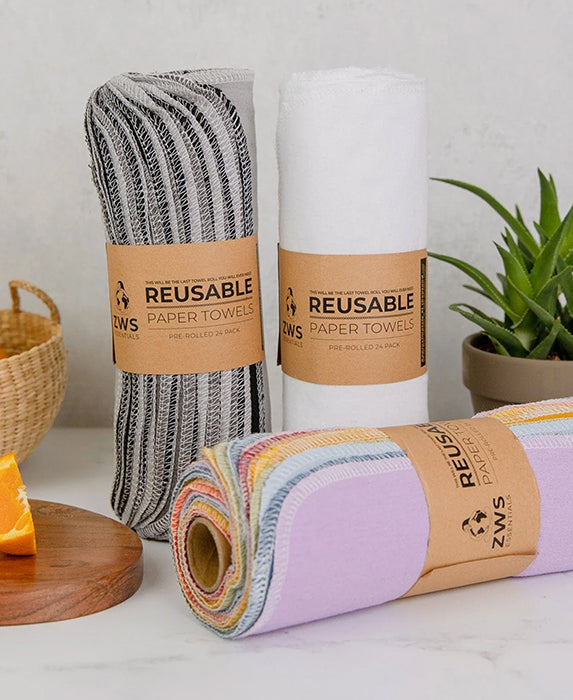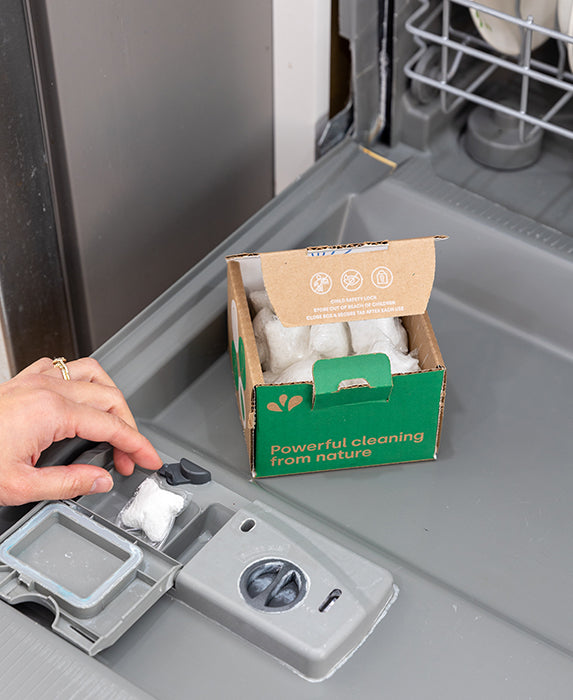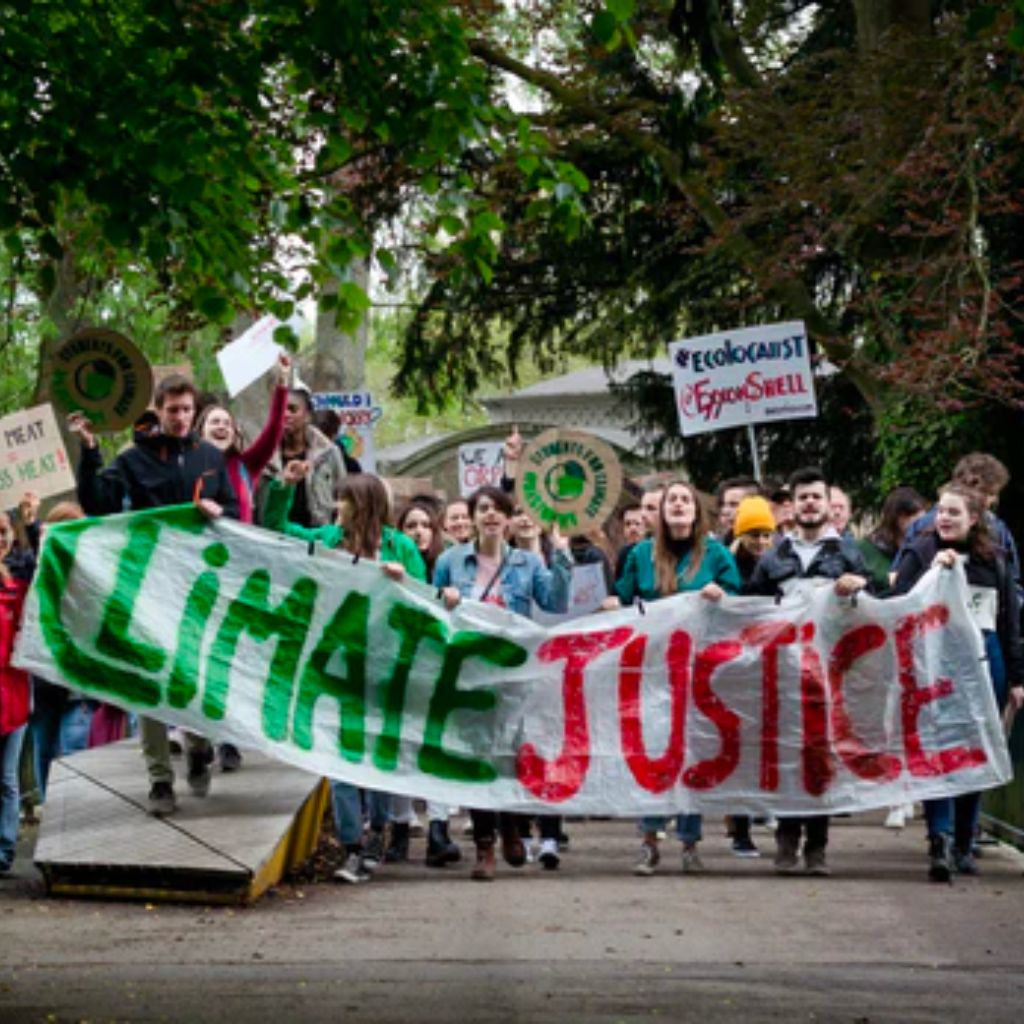We asked our community what kind of challenges they run into when shopping sustainably. While we all face various struggles in order to live an eco-conscious lifestyle, we’re digging into 3 of the most common challenges below.
Overview
- Why sustainable shopping can be inconvienient
- Why sustainable shopping can be expensive.
- How to tell which sustainable companies you can trust
“Shopping sustainably just isn’t convienient”

Sometimes you need things right away, like dish soap or toothpaste, and it’s often impossible to find sustainable options at a store near you. It can be such a bummer, we get that.
First, a gentle reminder: it’s okay to choose the not-so-sustainable option now and then. Life happens.
Now you may be curious why sustainable products aren’t available everywhere. It’s mostly due to supply and demand. While the number of eco-conscious shoppers is growing every day, not everyone is focused on their environmental footprint. But there’s hope! The more that shoppers start to think about environmental and human wellness, the more likely it is for your local store or big box stores to stock sustainable options.
So, what can you do about this? Try to get into the habit of planning ahead and assessing what you are running low on and pre-ordering (not always easy, we know!)
Another step is to continue supporting brands you love – by shopping with a sustainable brand, you’re generating more demand which will lead to better accessibility (and decreased prices!) down the road. It’s a win-win.
“Shopping sustainably can be expensive”

You’ve noticed this too? Believe us, you’re not alone. We wish we had a quick and simple explanation for this, but it’s a bit complicated. The first step is understanding why:
One major factor to consider is manufacturing costs. We’ll use a t-shirt as an example. Say a sustainable company chooses to use organic cotton (yay!) that means they’re deciding to skip out on all the pesticides used in typical cotton growing. Those harmful chemicals allow plants to grow quickly and in mass quantities. Because this sustainable t-shirt company is choosing organic, they’ll need to hire more employees to do the weeding. Say this t-shirt brand is also committed to paying all of their workers a fair and livable wage and providing safe working conditions (thumbs up!). All of these factors will cost this t-shirt company money. That’s why their t-shirts might have a higher price tag than you might be used to.
It’s also important to understand the larger idea of conscious consumerism – sometimes the most sustainable option is to not buy anything at all. Less repurchasing = money saved! A good first step is to assess what you own and what can be repurposed (socks with a missing pair make great cleaning rags!) Also, typically, buying something sustainable that’s a bit more pricy means it will last longer than the cheaper, less well-made counterpart. These investments will save you money in the long run! For example, buying one reusable sandwich bag costs more upfront, but will save you from buying plastic bags every other time you go to the store. As you become more aware of your purchasing habits, you’ll naturally reduce the impulse to “buy now” and in turn, buy less stuff. Money = saved!
“It’s hard to know which companies I can trust”

This is a super valid concern. You may have heard the term “green-washing” which is when a company or product gives the false impression of being environmentally friendly when, in fact, it’s not. With misleading imagery like forests and lakes or vague and/or false claims, green-washing can be tricky to spot. It can be exhausting and frustrating as a consumer and it drives us crazy!
The good news? We can help. Our team researches everything about a brand and its products before bringing them onto our site. We check out the ingredients, packaging, company values, and ensure each product truly encourages a more sustainable lifestyle. Our goal is to take the guesswork out so you can shop with confidence. No green-washing here. Ever.
Shopping with other brands outside of EarthHero? Try looking for companies who want to scream their sustainable practices from the rooftops and can back it up with certifications, impact, and clear information.









